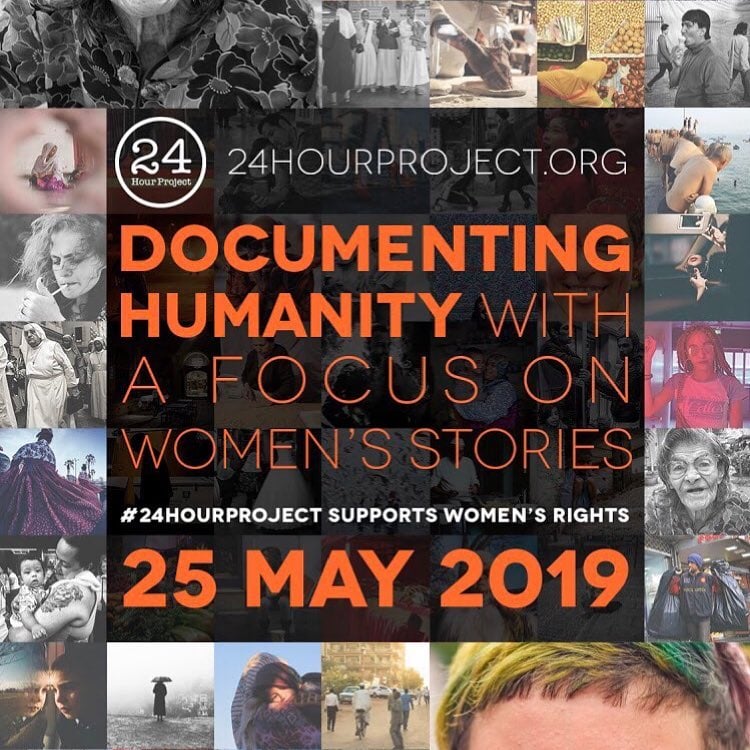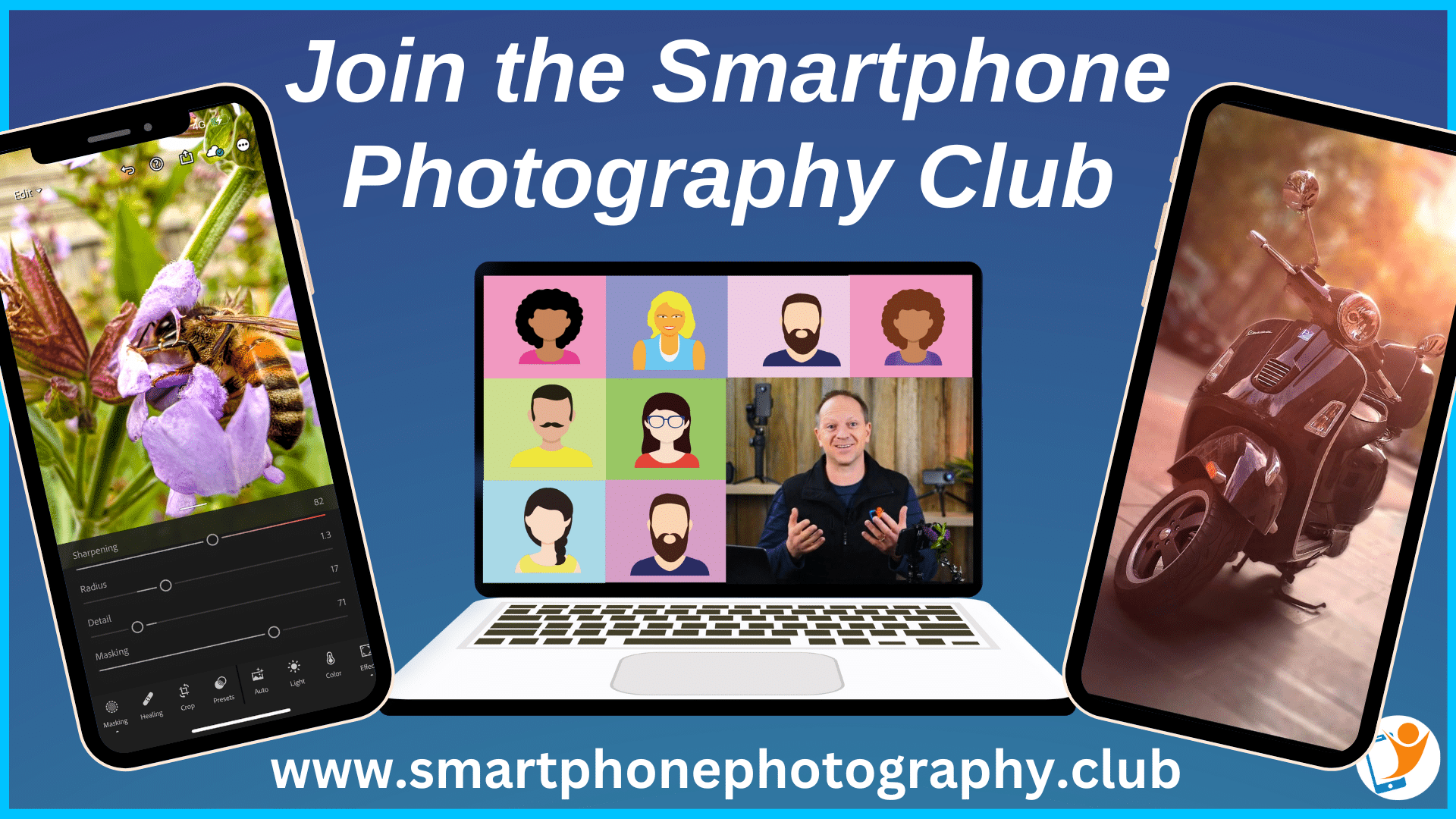Each year for the last five years an annual event has been taking place that sees intrepid (or some would say fool-hardy) photographers taking to the streets to shoot for 24 hours straight. It’s a crazy concept but one that’s gradually been capturing people’s imaginations and challenging participants physically, mentally, technically and creatively. It’s called “The 24 Hour Project” and is the brain child of Renzo Grande.
Renzo is originally from Peru but now lives in New York. By day he now works in the information management department at an NGO (Non-Governmental Organization) whose main focus is humanitarian aid.
I caught up with Renzo to find out more about the 24 Hour Project and this year’s event.
Tell us a bit about your photographic journey and how you discovered smartphone photography?
While going through some personal issues I used photography to overcome them. I would pick up my smartphone and take photos everyday during my lunch break. One hour everyday, for one full year. The first days I would take 80 photos, then 50, then only 30 leaning by my mistakes and thinking more about each frame.
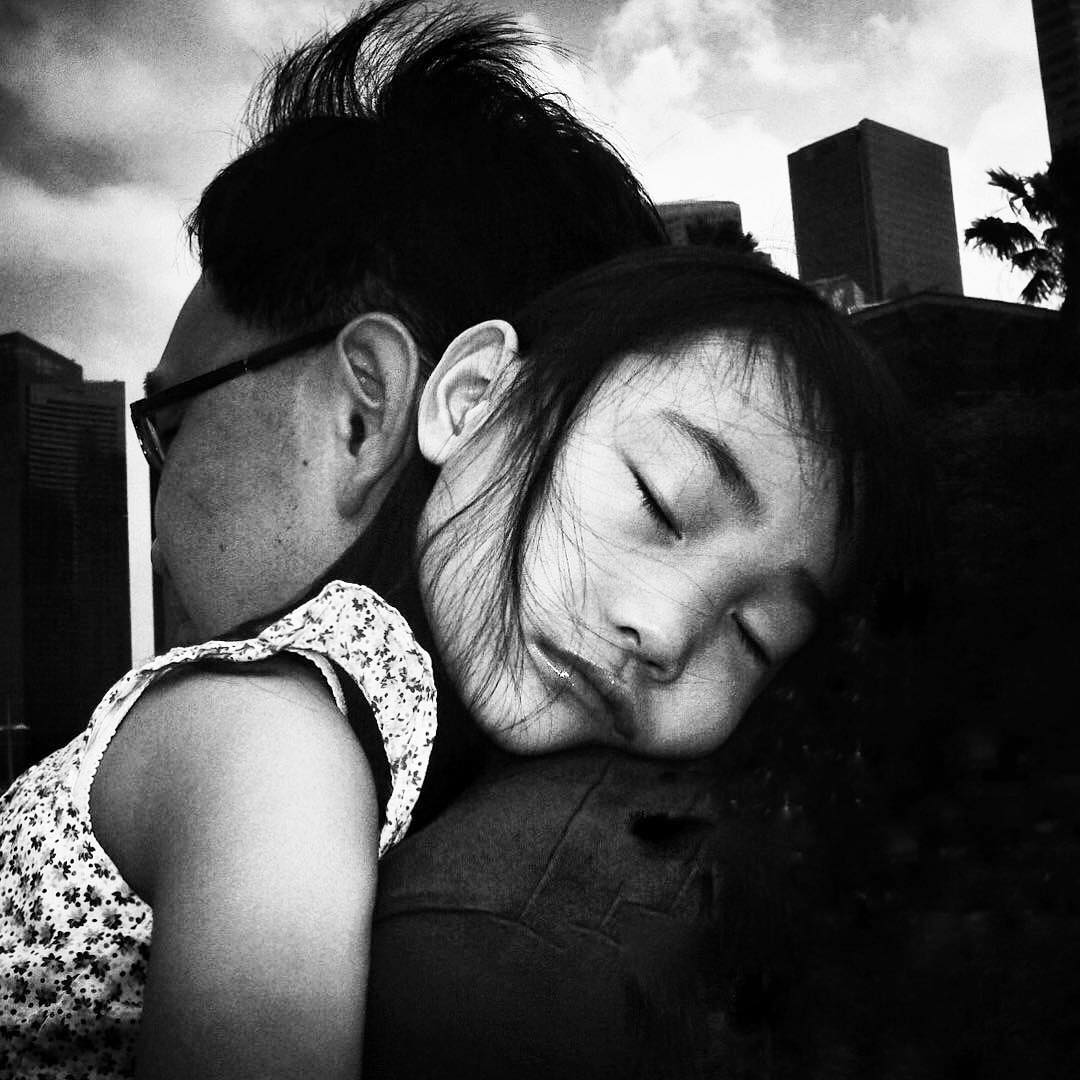
Photo by Renzo Grande
Looking at your own photographs on Instagram you have an amazing collection of portraits which all create a strong connection between the subject and viewer. What is the secret to taking such powerful images?
Be true to yourself and your emotions in every image you take. Don’t take an image because you can, take it because you think it will make an emotional impact.
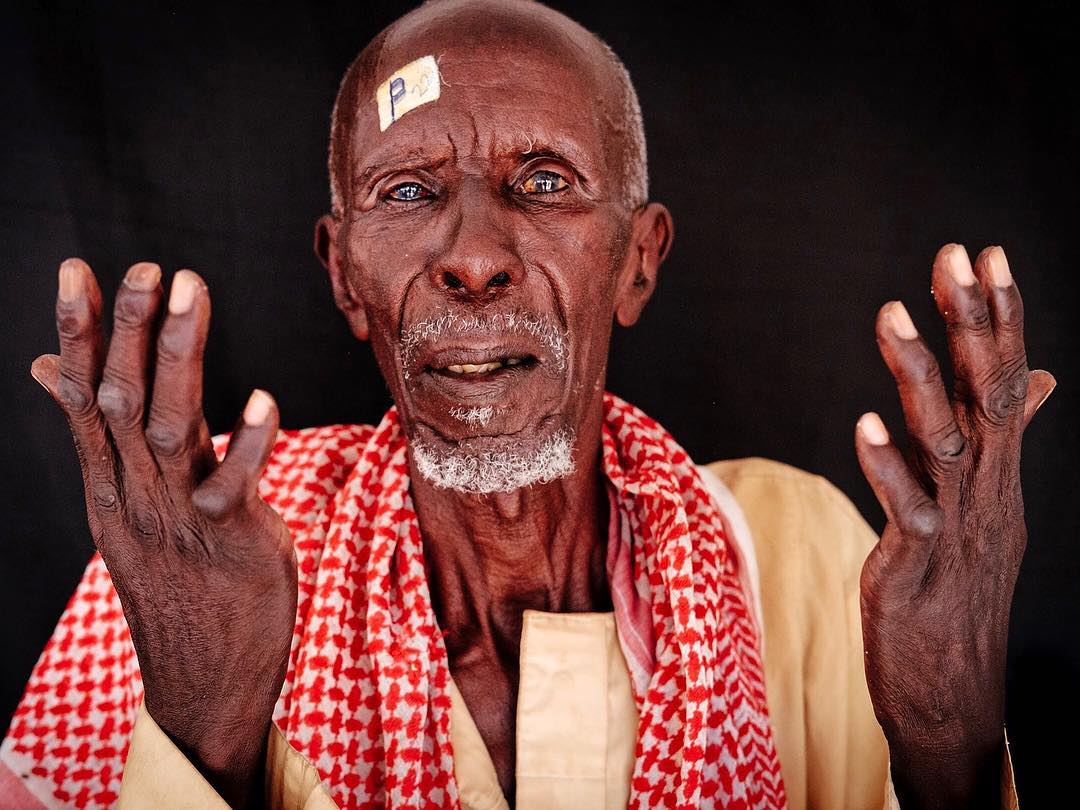
Photo by Renzo Grande
Tell us about the 24 hour project and how the idea for the project came about?
The 24HourProject connects emerging photographers, aspiring photojournalist and visual storytellers from every city of the world to document humanity and make a difference by raising awareness about global issues and empowering NGO’s.
At first the idea behind it was to document and share live stories from New York and Los Angeles. Comparing both cities and how they are different and the same during a 24 hour period. That idea was then shared with many other photographers through instagram and on that first edition we had 65 photographers who documented 24 cities in 20 countries.
Each year it kept on growing as we then partnered with NGO’s to help bring awareness on social issues and make a difference to those selected NGO’s by providing donations and increased exposure.
On the 2018 edition we had 4280 photographers from 850 cities in 114 countries.
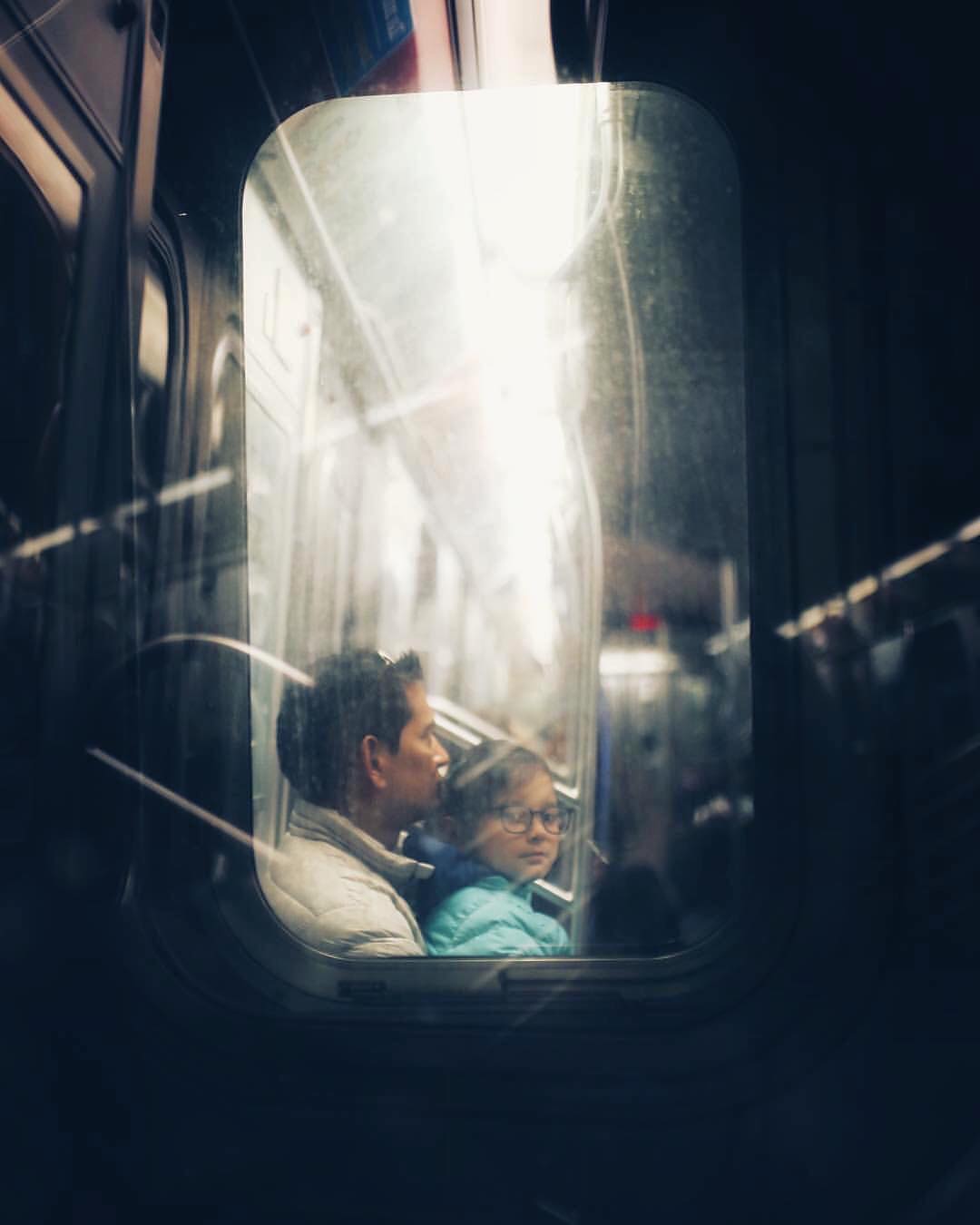
Photo by @jamesaphotos
24 hours is a long time – What are some of the biggest challenges participants will face and how should people prepare for it?
The first piece of advice I would give is to do the project together with friends. It is an opportunity to discover your own city, exploring it at different hours of the day and share your own point of view.
We have city ambassadors who provide guidance and most times help create a city map. Equipment wise, we recommend to go light. Remember that you will be creating images each hour during 24 hours and we ask that participants post them live in social media.
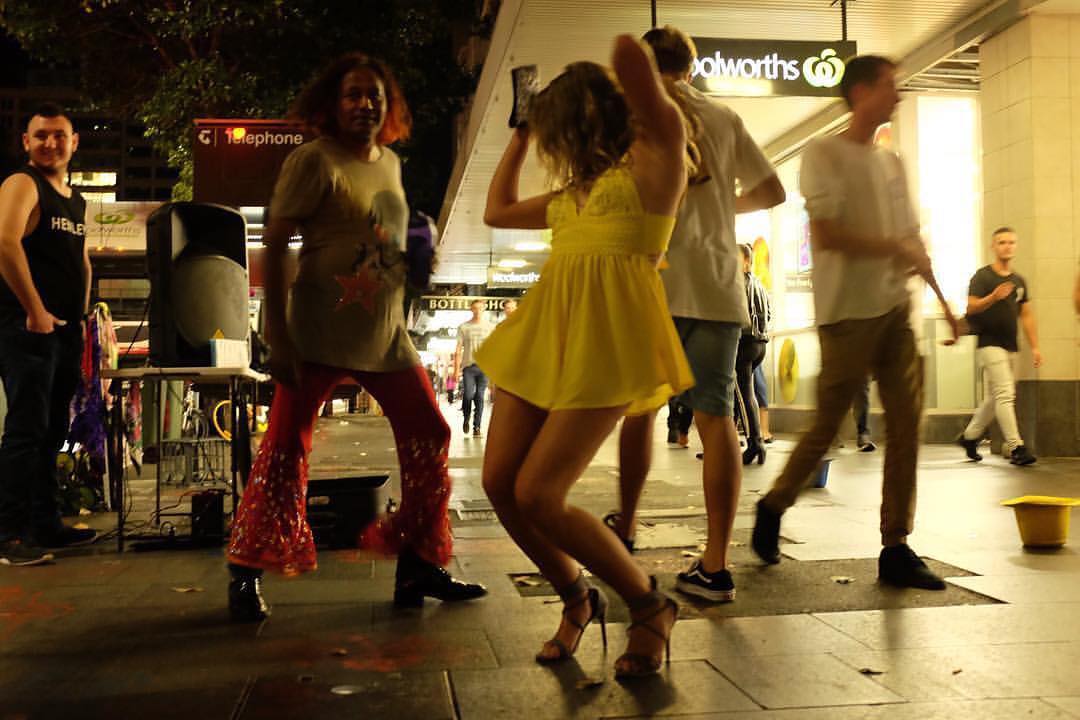
Photo by @thebowerbirdgirl
When is this years event and what is the cause that you are supporting?
The 2019 edition will be on 25th May and we will be supporting Women’s Human Rights. We have selected four NGO’s who work towards helping indigenous women.
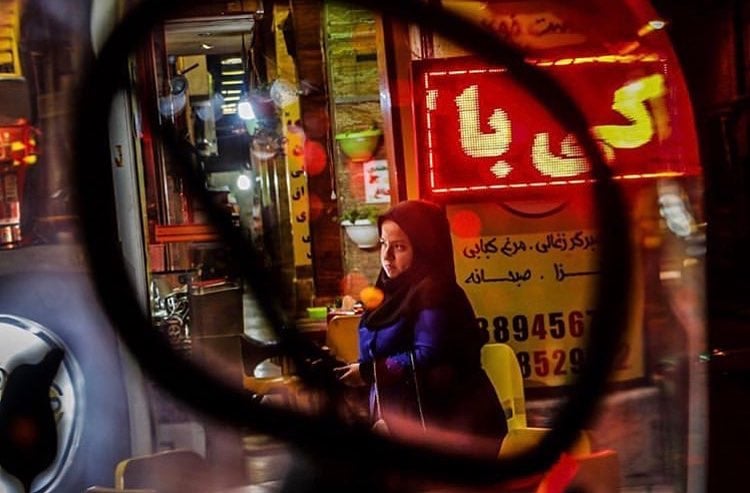
Photo by @ruhollahmahda7i
How has the 24 hour project impacted and helped past causes?
We have provided help to a refugee camp in Lesvos, Greece by giving them donations and increased their volunteer participation. We have also provided a photography workshop and cameras to human trafficking survivors in India and Nepal.
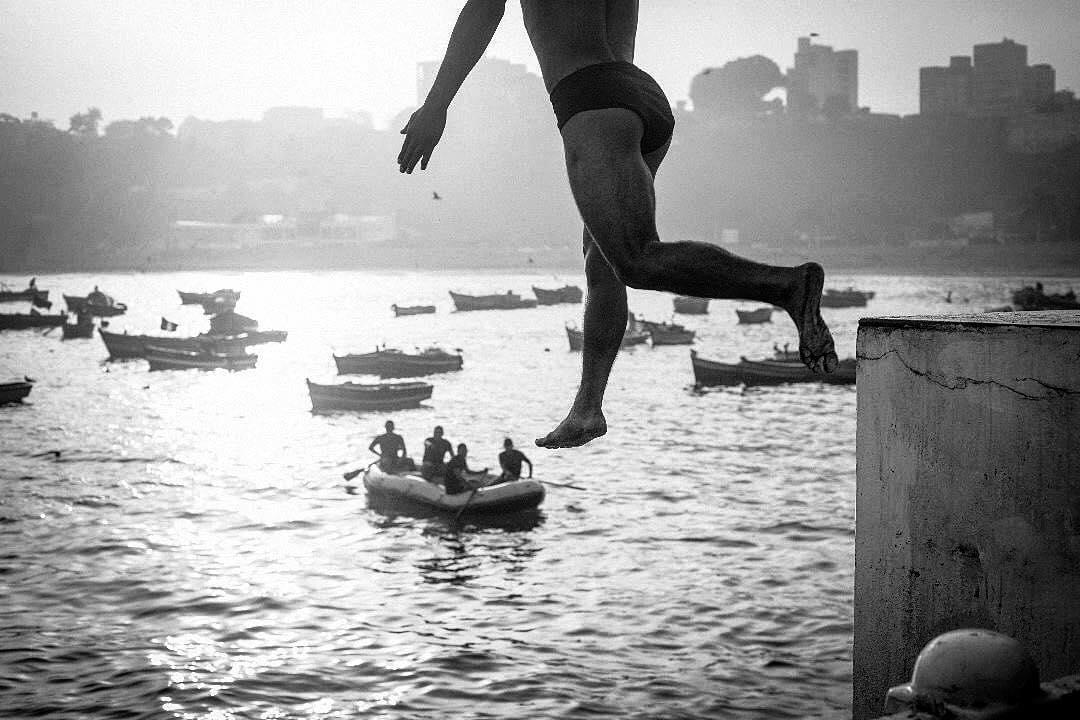
Photo by @jeanpaulmerino31
Tell us about the 24HourProject exhibition events
We have had 16 global exhibitions so far. The day after the event, participants are asked to submit their photos. These are then reviewed and selected for the global exhibitions. At the moment, we are working to finalize agreements with galleries in Iran, Mexico, Puerto Rico and New York.
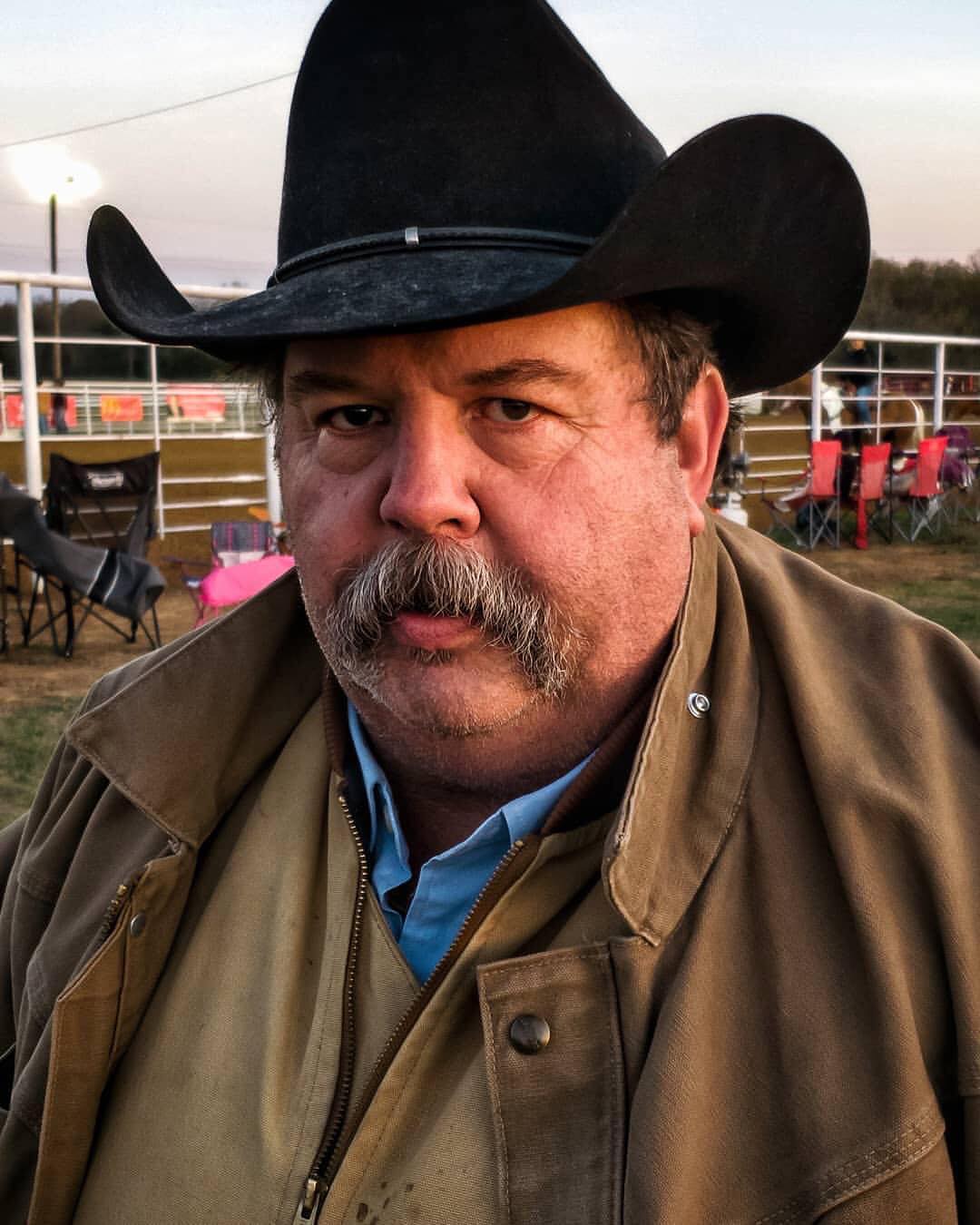
Photo by @pastortwallace
Finally, how can people find out more about or join in with the 24 hour Project
Please join us at www.24hourproject.org or @24hourproject in Instagram. It will be a new amazing experience this year and if you are not able to join us, just watch the #24hourproject on May 25. The images coming from every corner of the world become viral as we document humanity to make a difference.
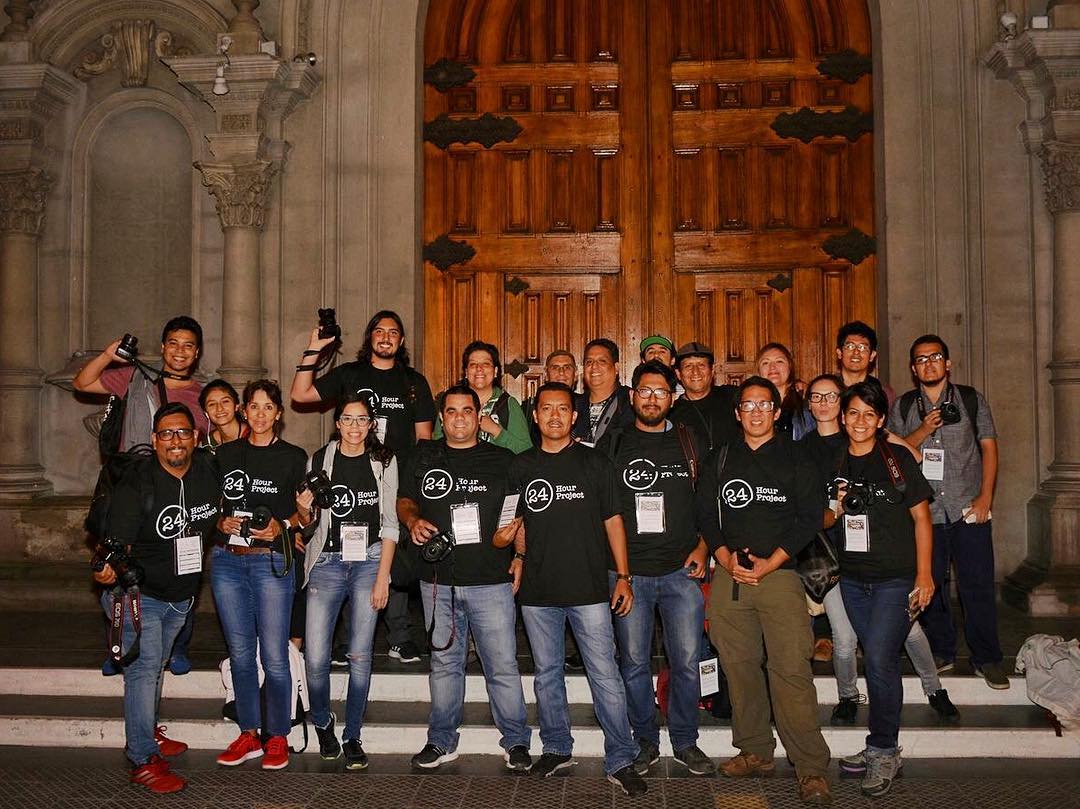
Photo by @belero_photo
Finally, what advice would you give others to help them take better photos with their smartphones so they can get the most from the day?
Don’t be afraid to fail, and keep on learning from the mistakes. Don’t take photos to please others. Learn to compensate things your smartphone does not give you, adjust and learn through the process of discovering yourself.
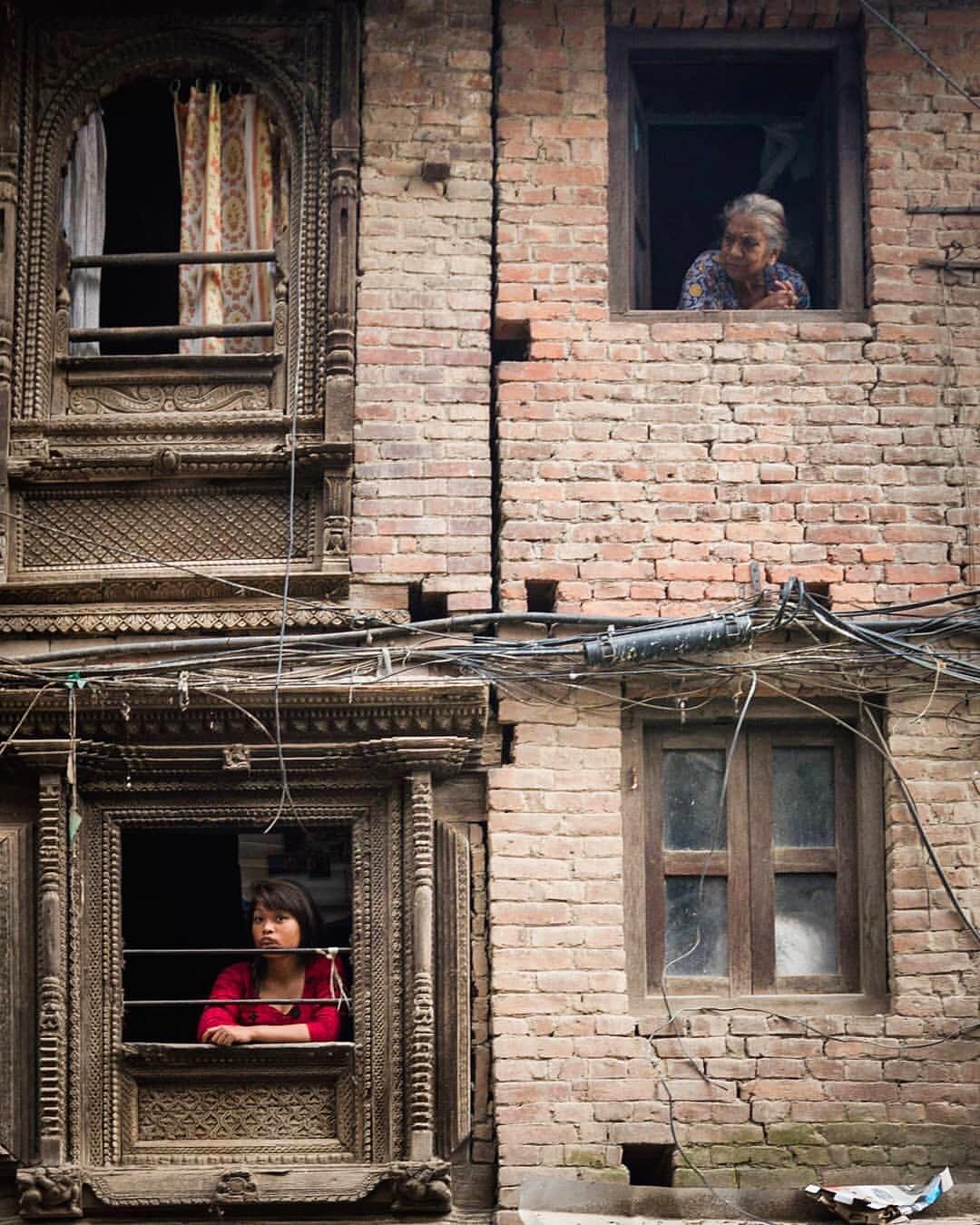
Photo by @pramin.osiris

